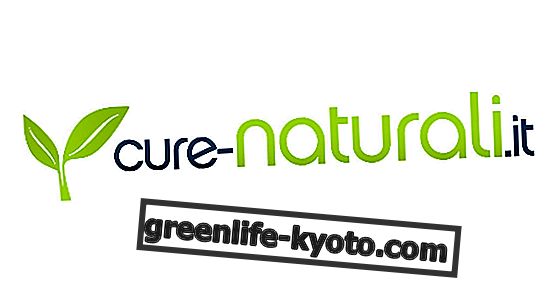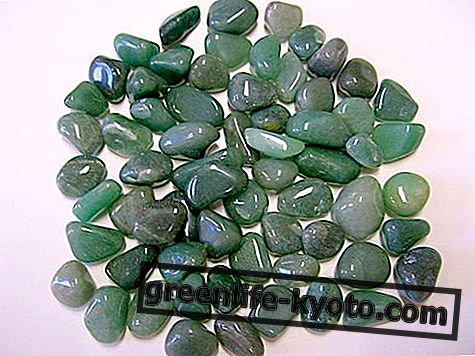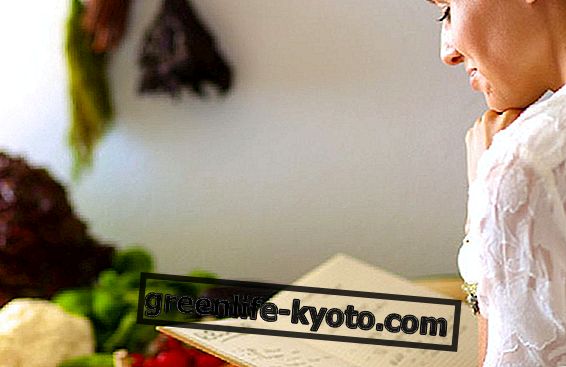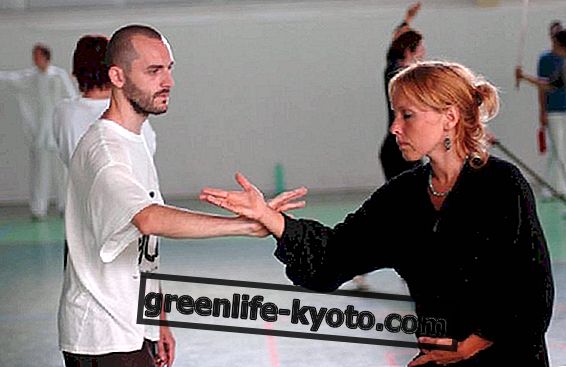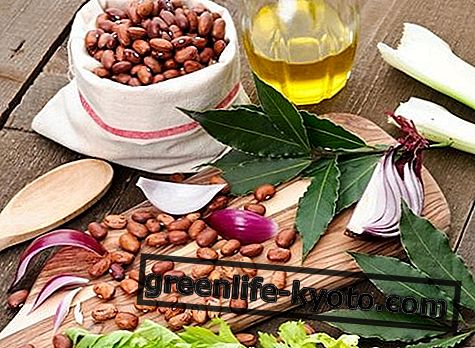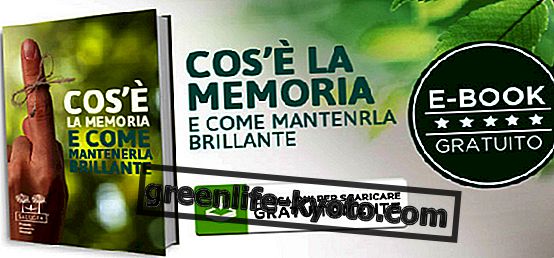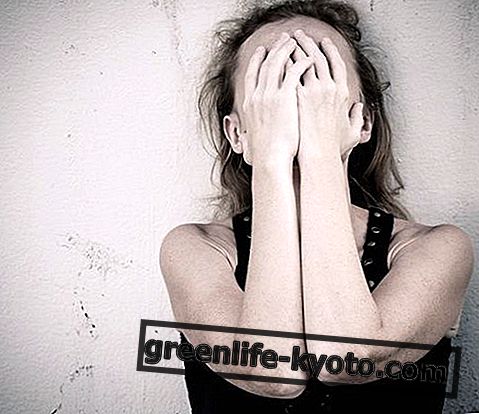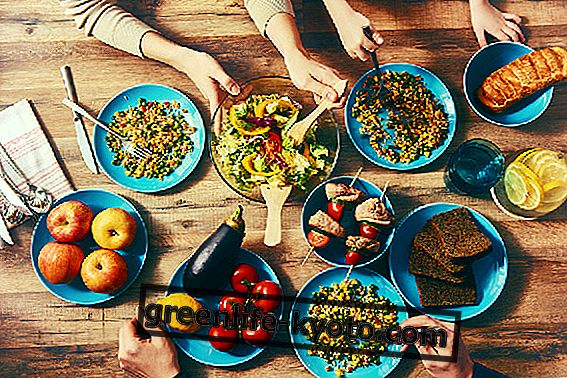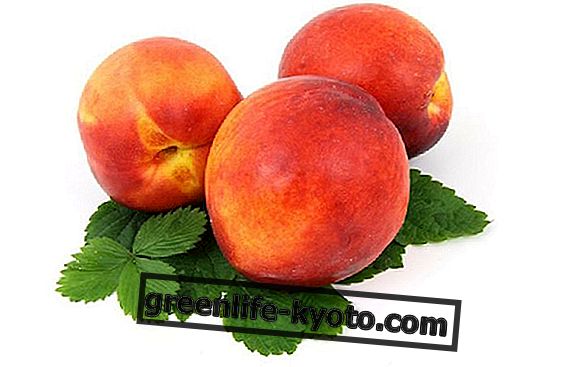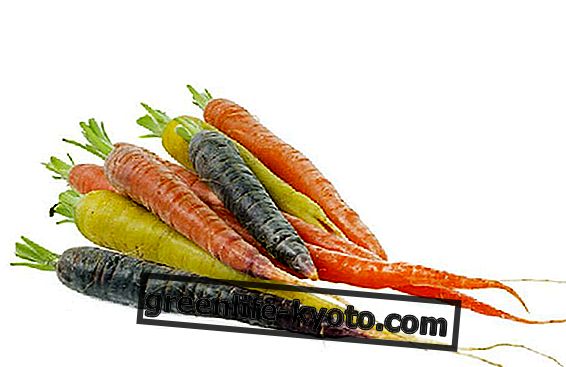
Questions arise like sprouts when you have in front of an herbalist who practices her trade with passion. Interview with Alessandra Romeo, herbalist and flower-therapist trained at the MC Visconti Higher Education Institute in Rome. He has been working as an herbalist in Rome for 11 years. With passion, transparency and care . In the same way he answered our questions; from the European directive on herbs, to the principles of herbal medicine and herbal medicine, passing through Paracelsus, arriving at a secret revealed only to the last.
Phytotherapy and herbal medicine. There's a difference?
By "herbal medicine" is meant that part of the herbal medicine that uses plants, and their derivatives, provided with little or no toxicity, in order to maintain or restore the correct physiological functions of the organism.
The "phytotherapy" instead is the discipline that uses herbs and medicinal plants and their derivatives for medical-therapeutic purposes .
Once the herbalist knew how to recognize plants, he cultivated them, he gathered them and he personally worked them, to use them for pharmacological, curative, cosmetic and food purposes.
Today, instead, the art of the herbalist is limited to the manipulation, that is, the extemporaneous mixing of plants (the preparation of herbal teas) which have already been harvested, processed and packaged by the herbalist industries according to strict criteria, dictated by the Italian state regulations. Currently herbalism is also the " place " where loose herbs are sold for the preparation of herbal teas, herbal remedies pre-packaged by herbalists (such as mother tinctures, essential oils, etc.), natural products (honey, royal jelly, etc.), cosmetics based on plants and organic foods.
Imagine having to explain the European Directive on herbal medicines of 1 May 2011 to a child, clarifying any further developments.
To a child I would say that speculative interests and large sums of money are behind such directives. The pharmaceutical companies, with the excuse of safeguarding the health of citizens, are trying to prove the toxicity of plants, used and tested for thousands of years of herbal practice, to avoid drops in sales of drugs patented by them, with equal therapeutic effect; to alleviate those little ailments that stress and the quality of life we lead cause in many of us.
Would you do your job abroad? If yes, why?
No, there are no herbalists abroad. The last bastions of this ancient art have remained us and Spain. In the Anglo-Saxon countries there are healthstores, a kind of herbalist's shops where they can be found from homeopathic products to organic ones, but without the figure of a herbalist who follows you and advises you. While in France and Germany herbalists have been assimilated by pharmacies.
The customer enters herbal medicine. To express the disorder that afflicts him, he needs to verbalize it. Do you find useful information also in the posture or in the words that characterize the client who asks for a natural remedy?
Absolutely yes. Since crossing the threshold of the shop until the end of the description of the disorder, it unintentionally provides me with a series of clues and information (posture, hands, face, body structure, presence or absence of couperose, bags, dark circles etc.), which help me to see beyond what the customer says, for choosing the most appropriate remedy .
Many people today treat themselves with fashion herbs. But is an incorrect diet or a life that is not oriented towards listening to oneself and others, these are all factors that can reduce the effect of a natural remedy?
No. Poor nutrition can slow down the effectiveness of the natural remedy, as the body is intoxicated and therefore responds more slowly to therapy. Plants have "ACTIVE" principles that are "acting" and interact with our body, regardless of whether we believe it or not, that we are more or less open to natural disciplines or that we are predisposed to listening to ourselves and others. What I always say is this "if one eats a poisonous mushroom, does he die because he believed in his poison or because the active ingredient, in this mortal case, acted?"
Is there a character - existent, mythological, living, imaginary - who is your ideal guide in the profession?
Yes, Paracelsus . In my opinion, the greatest doctor that the West has had and to which illustrious exponents of contemporary medicine have been inspired: from Samuel Hahnemann to Rudolf Steiner.
The herbalist brings with it a scientific knowledge as precise as it is vast. At the same time, it heals, cures and, especially if it is a woman, embodies a myth of a female fairy (or witch) who, knowing nature, enjoys immense power. In the masculine, we could compare the herbalist to the shaman. What is the relationship between medicine, herbal medicine and magic?
A shaman is a spiritual guide, a teacher, a wise man. The herbalist knows the healing power of plants, he is not a religious figure, he is a technician. We do not pray to increase the effect of the remedy, we do not ask to believe in the spiritual side of existence: this is part of an individual's personal choices.
At the most we can lead the person to reflect on mistakes, related to lifestyle, food or simply personalities, which are contributory factors of the disorder he suffers from. The fact that we use the remedies belonging to traditional or ethnomedicine medicines of cultures still linked to shamanism, does not imply that we are shamans too. We only use their plants, to cure us, we don't even pray for their gods. And despite this, even today I feel called "little witch".
The magic enveloped the world of plants when their active principles and mechanisms of interaction with the physiology of the human body were not known, so the plant had magical "powers", because it was able to heal or cause a disturbance. When working knowing the laws of nature you are applying a technique, which only in the eyes of those who do not know these laws, is an act of magic.
The forbidden question: is there a plant for which you have a weakness? We won't tell the others.
Yes, the horsetail, but the others don't know it, though!

